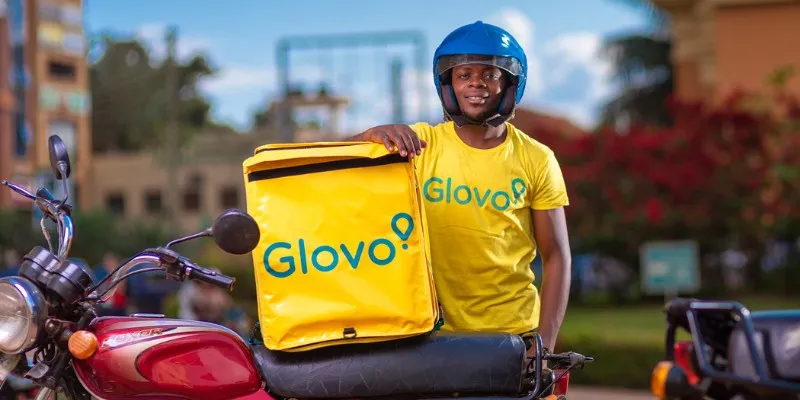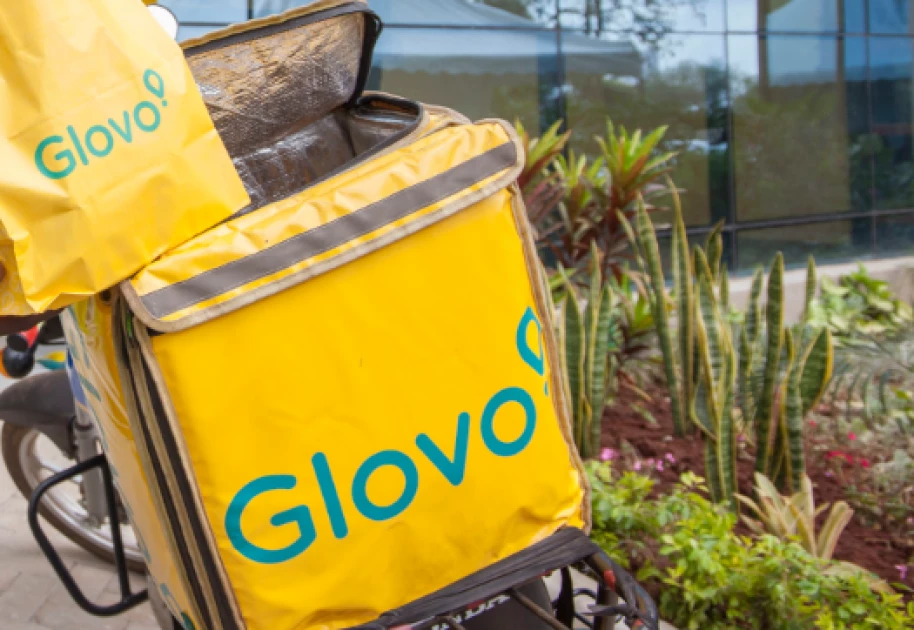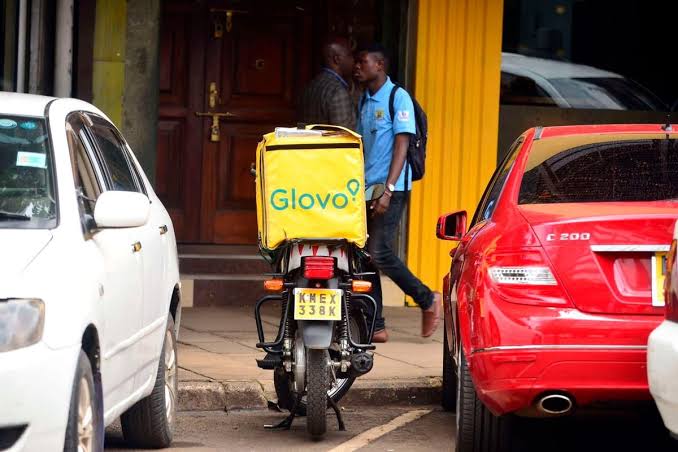Since entering the Nigerian market in 2021, Glovo has facilitated over ₦71 billion in earnings for more than 6,000 local shops and restaurants, many of which accessed digital sales channels for the first time.
Operating across 11 cities with a growing network of delivery riders, Glovo continues to drive innovation and inclusion in Nigeria’s rapidly expanding quick-commerce sector.
The announcement was made on Wednesday during the Future of Commerce 2025 summit held at the Landmark Event Centre in Lagos.
The summit brought together restaurateurs, fintech leaders, digital marketers, investors, and policymakers to discuss innovation, resilience, and the future of commerce in Nigeria’s rapidly growing quick-commerce sector.
Glovo’s influence on Nigeria’s digital economy: ₦71 billion milestone
Glovo’s General Manager, Lamide Akinola, revealed that since the platform’s launch, over 6,000 local shops and restaurants have used the app to fulfil customer orders, generating more than ₦71 billion in revenue. Many of these businesses had never operated online before, with Glovo serving as their first digital sales channel.
The company operates in 11 Nigerian cities, with Lagos accounting for over 70 percent of its national footprint. Its 2,400 delivery riders, who reportedly earn two to three times the national minimum wage of ₦70,000, are an integral part of Glovo’s inclusive business model. One Abuja-based rider was celebrated for completing over 14,000 deliveries since 2021.
Akinola highlighted Glovo’s larger vision: “We’re focused on building a tech-powered, inclusive marketplace that enables Nigerian SMEs to scale using data, logistics, and financial support.”
Quick commerce growth and Nigeria’s shift to digital payments
Quick commerce, ultra-fast delivery of everyday items, was Glovo Nigeria’s fastest-growing segment in 2024, with a 76 percent rise in gross merchandise value. While food delivery remains core, 20 percent of Nigerian users now use Glovo to buy electronics, health products, and beauty items.
Another striking trend is the decline in cash transactions. In 2021, 88% of orders were paid for in cash; by 2024, that figure dropped to 39 percent, reflecting Nigeria’s push for a cashless economy. Unlike some rivals, such as Chowdeck and FoodCourt, Glovo still accepts cash payments, likely to build trust with users who are still transitioning to digital payment systems.
At the summit, Glovo launched its Yellow Effect Report, which estimates it has generated €1 billion in economic value for 45,000 African businesses, 90% of which are SMEs, across Nigeria, Morocco, Kenya, Côte d’Ivoire, Uganda, and Tunisia.
Glovo’s Africa journey and stakeholder support
Since entering Africa in 2018, Glovo has invested over €200 million to grow its footprint in 75 cities across six countries. Nigeria now plays a pivotal role in that journey, hosting influential partners like Chicken Republic, Burger King, Moniepoint, WEMA Bank, and Sooyah Bistro at the summit.
The Honourable Commissioner for Commerce in Lagos, Mrs. Folashade Bada Ambrose, emphasized the state’s partnership with Glovo and its commitment to building a digital-first economy for micro, small, and medium-sized enterprises (MSMEs).
To wrap up the event, Glovo honored top-performing vendors and riders, including City Subs for the highest-rated deliveries and veteran riders Christian Ogbu and Bija Samson for exceptional service.
As Glovo doubles down on building Nigeria’s largest digital marketplace, its data-driven, vendor-first approach continues to redefine the quick commerce landscape. From scaling SMEs to promoting financial inclusion, Glovo’s impact is undeniable.
















